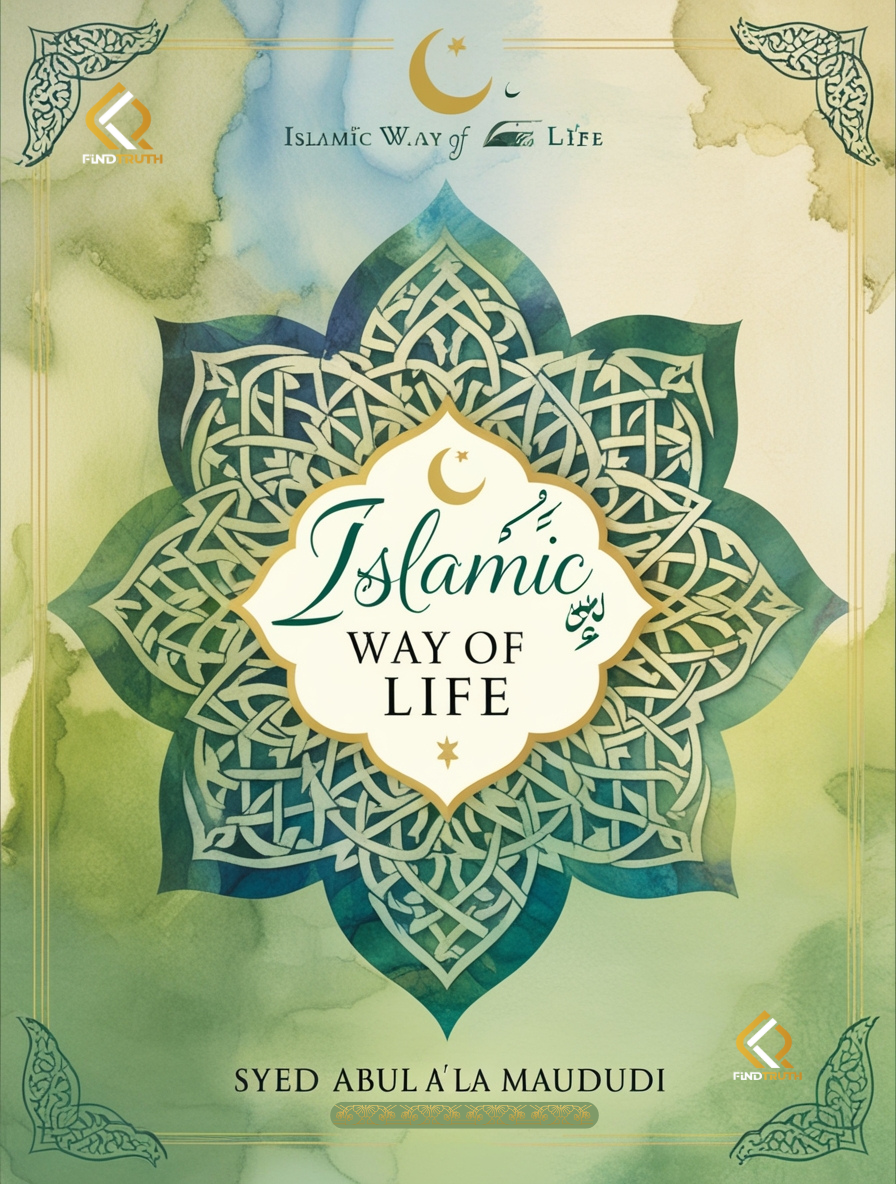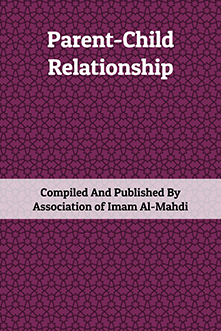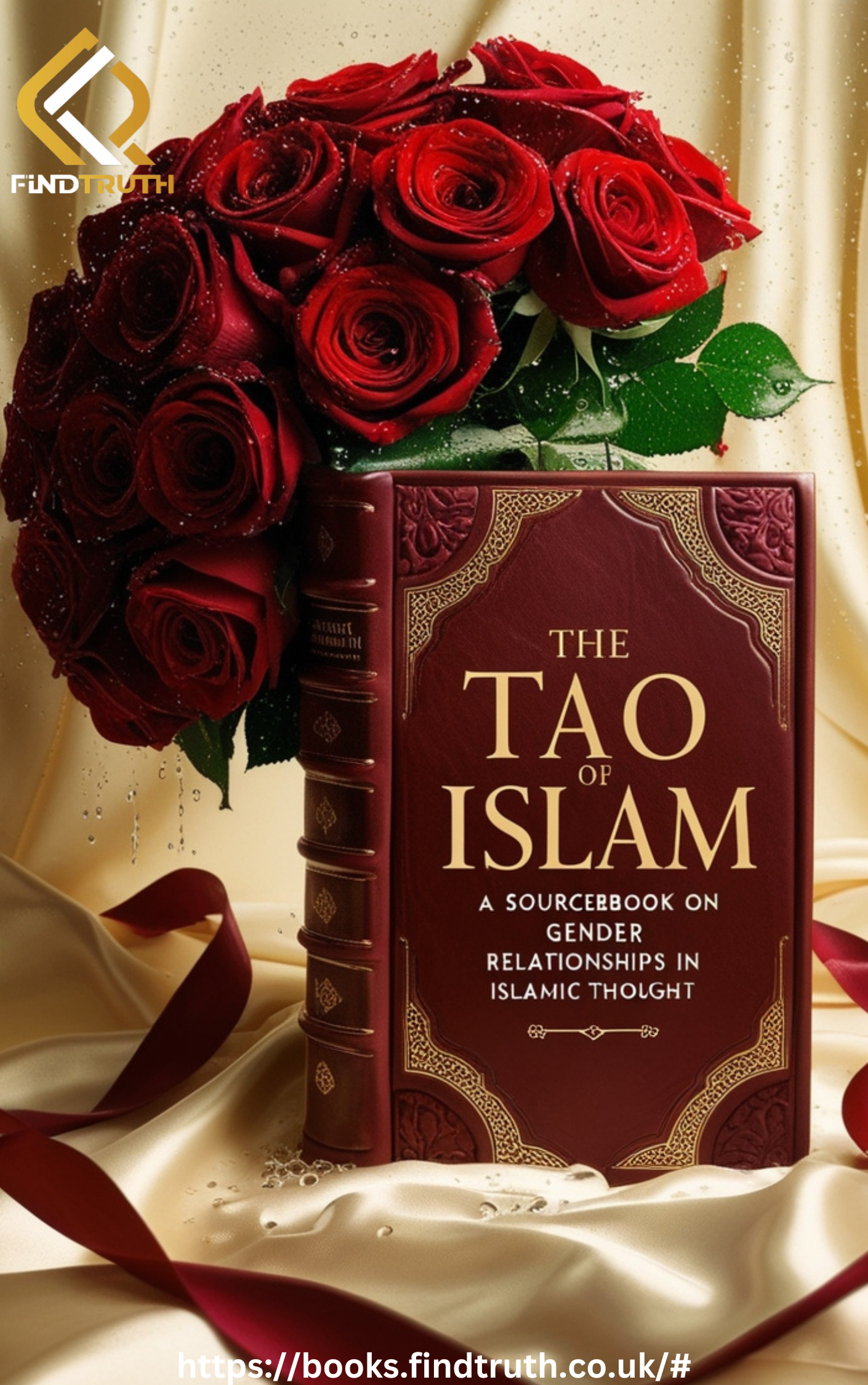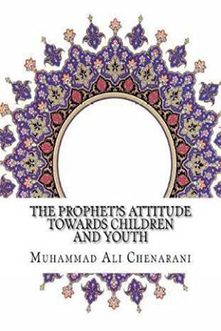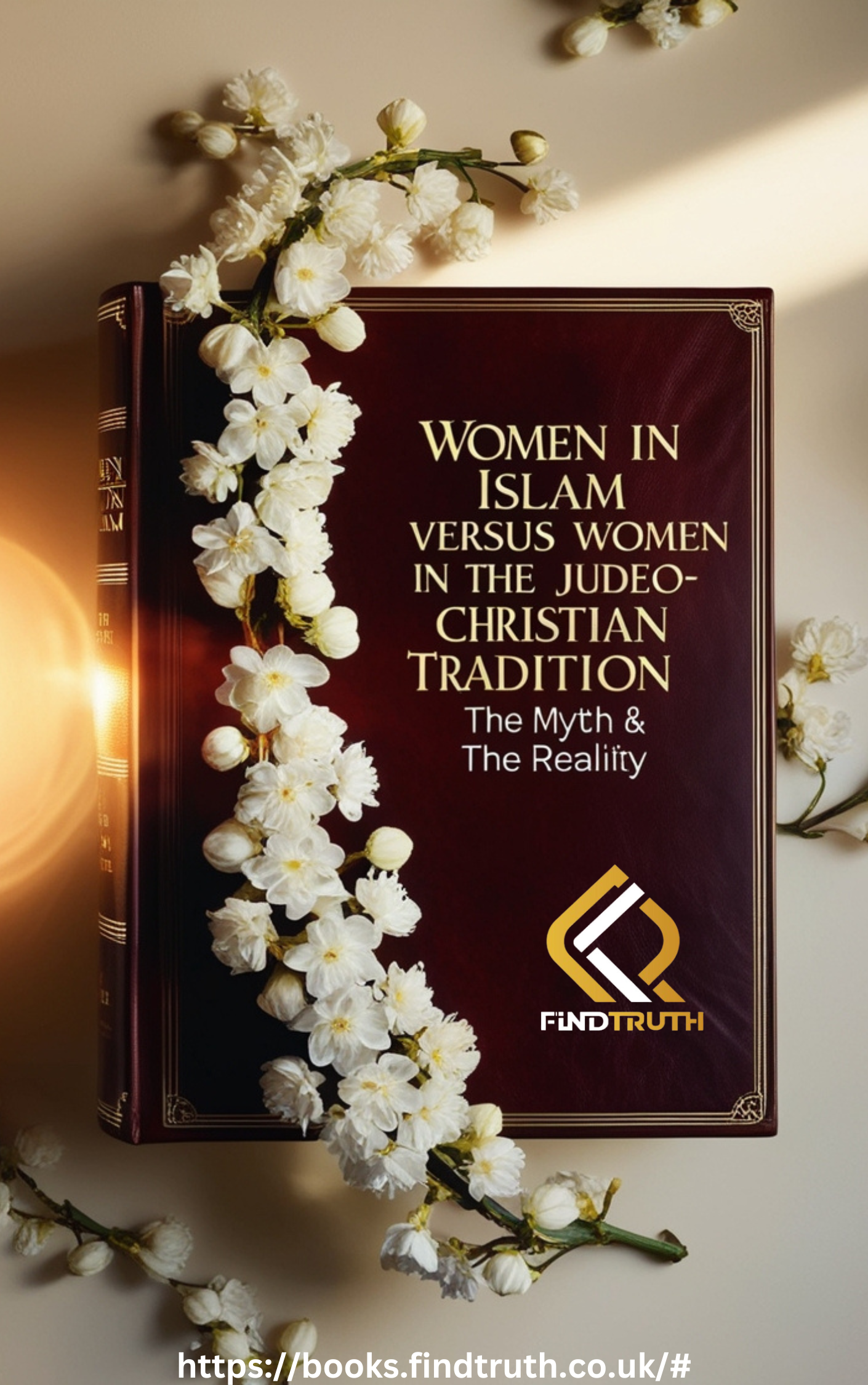
- Beliefs
-
Muslim Practices
- Salah (Daily Prayers)
- Sawm (Fasting)
- Zakah (Charity Giving)
- Khums (Giving One-Fifth of Annual Saving)
- Jihad (Striving in the Way of God)
- Amr bil Ma'ruf (Encouraging Good)
- Nahy 'an al-Munkar (Stopping Evil)
- Tawalla (Loving the Prophet & His Family)
- Tabarra (Disassociating from the Enemies of the Prophet and His Family)
- Islamic Education
-
Akhlaq - (Ethics)
-
Quran & Sciences
-
Islamic History
-
Socio-Cultural
- Islamic Holy Places
-
Supplications
- Home
- Feature Selections ★
- Beliefs 🛐
-
Muslim Practices ☪️
- Salah (Daily Prayers)
- Sawm (Fasting)
- Zakah (Charity Giving)
- Khums (Giving One-Fifth of Annual Saving)
- Jihad (Striving in the Way of God)
- Amr bil Ma'ruf (Encouraging Good)
- Nahy 'an al-Munkar (Stopping Evil)
- Tawalla (Loving the Prophet & His Family)
- Tabarra (Disassociating from the Enemies of the Prophet and His Family)
- Islamic Education
-
Akhlaq - Ethics 🔑
- Quran and Sciences 📖
-
Islamic History
- Socio-Cultural
- Islamic Holy Places
- eBooks
- Bondage (Slavery)
Bondage (Slavery)
"Bondage (Slavery)" explores the concept of slavery in Islam, addressing its historical presence, the ethical guidelines set by Islam, and the efforts made to eliminate slavery over time. The book covers:
✔️ Slavery in Pre-Islamic Societies – How Islam reformed existing practices
✔️ Islamic Rulings on Slavery – Quranic verses and Hadith regarding the treatment of slaves
✔️ Abolition of Slavery – Steps taken by Islam to gradually end slavery
✔️ Rights and Freedoms – The humane approach Islam introduced for bonded individuals
✔️ Modern-Day Perspectives – Understanding contemporary discussions on human rights and servitude
This book is essential for students, scholars, and researchers seeking an Islamic perspective on slavery, human dignity, and social justice.


